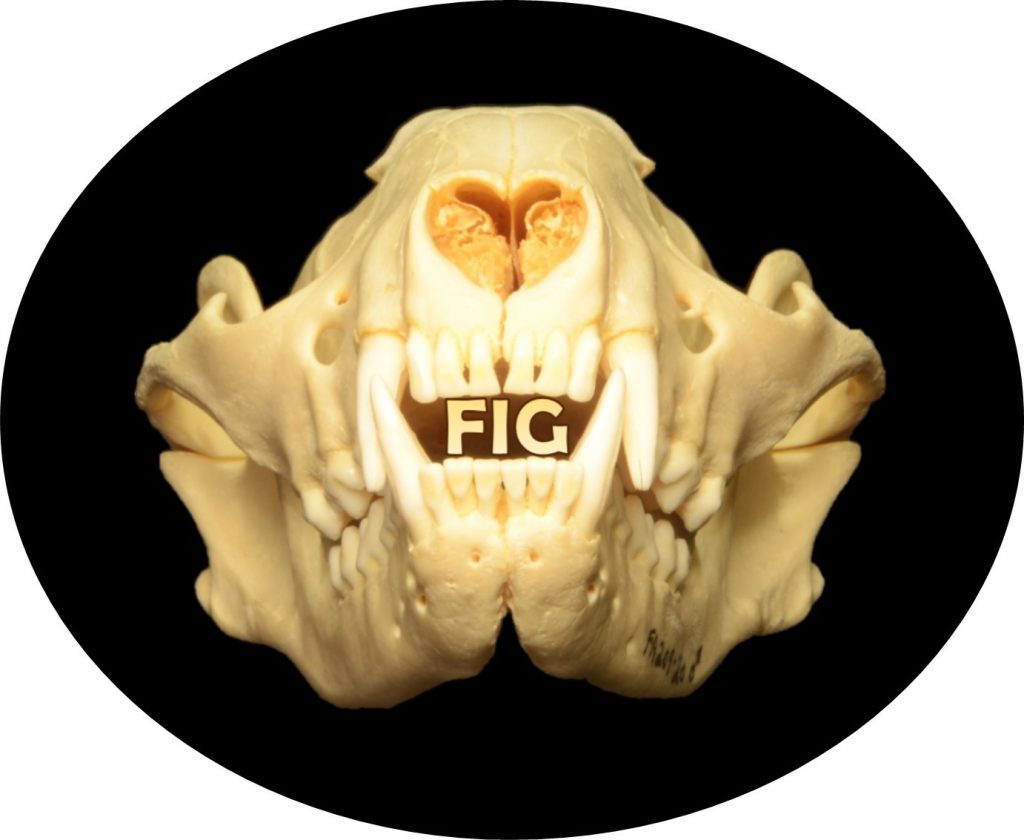Interest groups developed and organized by faculty and students play a particularly active role in the life of the Centre. These groups maintain their own listserve and organize regular discussions and seminars. This is a great way to meet and discuss issues of common interest and perhaps even find new collaborations. If you would like to propose a new interest group please contact the Director.
The Faunal Interest Group has convened biweekly (Fridays from 11am to 1pm in the Archaeology Centre Board Room, AP140) since September 2007. We discuss new and old issues of zooarchaeological method and theory. We also host guest lecturers and provide a casual arena for our group members to present and receive input on their own research. Anyone who is interested in participating or attending these meetings can contact Alicia Hawkins at The Faunal Interest Group has convened biweekly (Fridays from 11am to 1pm in the Archaeology Centre Board Room, AP140) since September 2007. We discuss new and old issues of zooarchaeological method and theory. We also host guest lecturers and provide a casual arena for our group members to present and receive input on their own research. Anyone who is interested in participating or attending these meetings can contact Moses Akogun at moses.akogun@mail.utoronto.ca for further information.

The Archaeological Information Interest Group serves as a forum for discussing the various ways in which archaeologists engage with information and construct knowledge. On a biweekly basis, members get together to discuss an article or hear a guest lecture that reflects upon the epistemological, ontological, communicative, technological or social aspects of archaeological research practice. As these themes verge on ‘meta-disciplinary’ aspects of research, we welcome scholars from various sub-disciplines or specialties to contribute their unique perspectives. Please contact Tucker Deady (tucker.deady@mail.utoronto.ca) for further information.

Collections Interest Group
Are you interested in the management of archaeological collections? Considering a career in the museum world? Join us in the Collections Interest Group as we discuss what it means to curate and present histories within a public (or private) sphere. Topics will include, for example, sustainable management (what objects and stories are preserved, and who decides?), the use of technology in collections and exhibits (can 3D rendering replace museum objects? Is this an ‘answer’ to repatriated histories? Is there anything that shouldn’t be subjected to technological recreation?), and the relationship between ‘the institution’ which houses objects and the communities which interact with its stories.
Suggestions & requests on topics can be further discussed in meetings. Please email Savanna with any questions (s.buehlmanbarbeau@mail.utoronto.ca).
Archaeobotany & Environmental Archaeology Interest Group
Are you interested in how people in the past engaged with plants, landscapes, and climate? Join the new Archaeobotany & Environmental Archaeology Interest Group at U of T!
This graduate-led group provides a space for discussion, collaboration, and curiosity-driven exploration of the intersections between plants, foodways, people, and environments in the past. We’ll focus on themes such as:
- Human–environment interactions in deep time
- Climate change and resilience in past societies
- Cuisine, diet, and the cultural significance of plants
- Methods and theories in environmental archaeology
Whether your background is in archaeology, anthropology, ecology, history, or related fields, this is a chance to share ideas, workshop projects, and build connections with others who care about reconstructing the lived experiences of past communities through their relationships with plants and landscapes. Come be part of shaping a vibrant intellectual community where we put people back into the past by exploring their environmental choices and legacies. Please email Lachlan Kyle-Robinson (lachlan.kylerobinson@mail.utoronto.ca) with any questions.